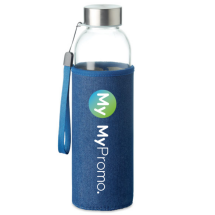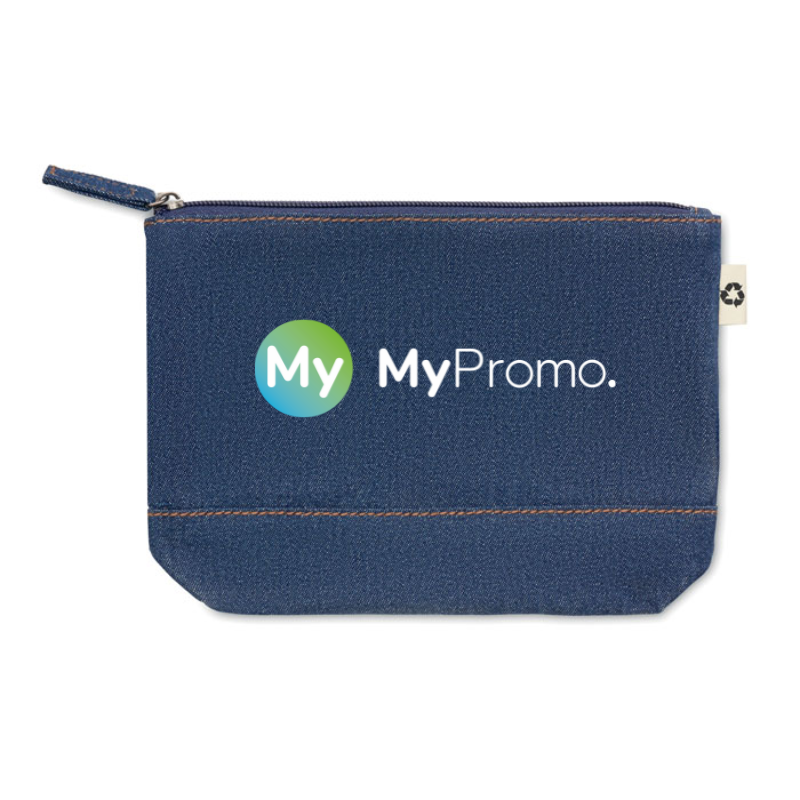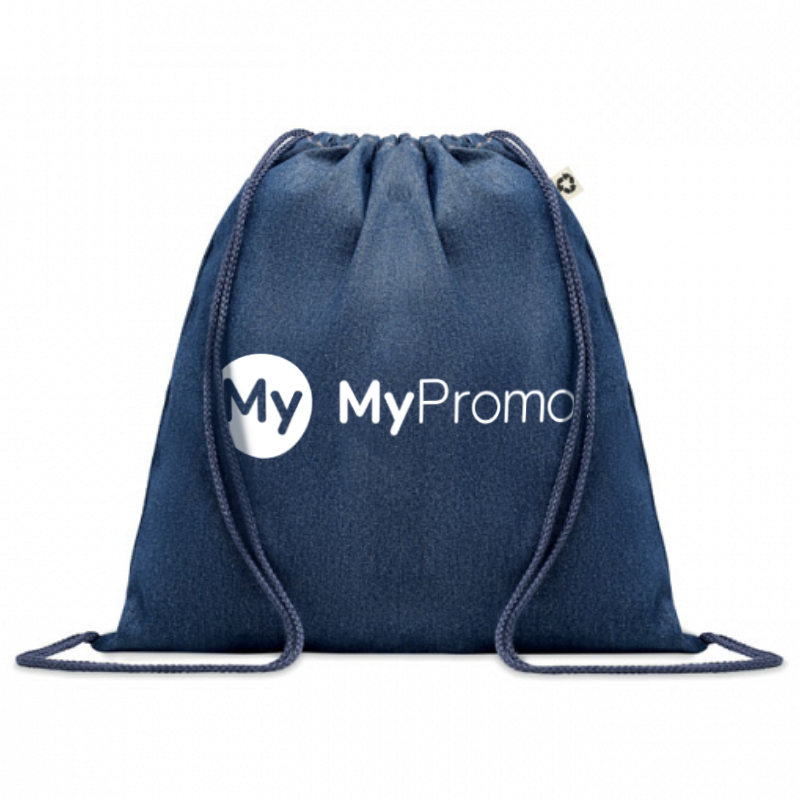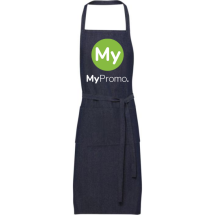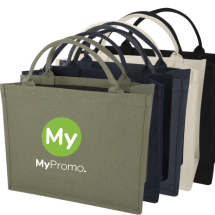Denim
What is Denim?
Denim is a sturdy cotton twill fabric known for its durability and distinctive diagonal ribbing. It has become a staple in the fashion and manufacturing industries, particularly popular for making jeans and other types of apparel. Denim's importance in the world of manufacturing and promotional gifts stems from its versatility, durability, and the timeless appeal it offers.Historically, denim originated in the French city of Nîmes, hence its name, derived from "serge de Nîmes" (serge from Nîmes). It became widely used in the United States during the late 19th century, particularly for workwear due to its strength and longevity. Denim's association with American culture, especially through the iconic blue jeans, solidified its place in global fashion and manufacturing.
The process of producing denim starts with sourcing high-quality cotton. The cotton is then spun into yarn and dyed, traditionally using indigo. This dyed yarn is woven on a shuttle loom to create the twill weave that gives denim its characteristic look. After weaving, the fabric undergoes various finishing processes to achieve the desired texture and appearance, including washing, distressing, and softening.
The Properties and Characteristics of Denim
Denim is renowned for its durability and strength, which makes it ideal for a wide range of applications. It has a distinctive appearance due to its twill weave, where the weft threads pass under two or more warp threads, creating a diagonal ribbing pattern. Denim is also known for its comfort, as it softens with wear without compromising its robustness. The fabric's ability to absorb dye well, particularly indigo, gives it a rich, vibrant colour that fades beautifully over time, adding to its aesthetic appeal.
Common Applications of Denim
Denim is most commonly associated with jeans, but its uses extend far beyond this. It is used in jackets, shirts, skirts, dresses, and accessories like tote bags and personalised hats. In the world of promotional products, denim's durability and classic style make it a popular choice for items like custom tote bags, branded aprons, and even corporate gifts like denim-covered notebooks. The fabric's versatility allows for creative personalisation, ensuring that promotional items are both functional and stylish.
Advantages of Using Denim in Manufacturing
One of the key advantages of denim is its longevity. Products made from denim tend to last much longer than those made from other fabrics, which makes them a cost-effective choice for consumers and businesses alike. Denim also offers a high degree of versatility in terms of design and finishing options. It can be dyed in a variety of colours, subjected to different washes, and distressed to create unique looks. Additionally, denim is relatively easy to care for and maintains its shape well, even after multiple washes.
Denim vs. Other Materials
Compared to other fabrics, denim stands out for its durability and unique aesthetic qualities. Unlike lighter cotton fabrics, denim is much more resilient to wear and tear, making it ideal for both casual and heavy-duty use. When compared to synthetic materials, denim offers better breathability and a more natural feel, which enhances comfort. However, denim is heavier and can be less flexible than some synthetic fabrics, which might be a consideration for certain applications.
Potential Challenges with Denim
While denim is highly regarded for its durability, it does have some potential challenges. Its production can be resource-intensive, particularly in terms of water usage during the dyeing and finishing processes. Additionally, the heavy weight of denim can make it less suitable for certain types of garments or applications where lightness and flexibility are paramount. Despite these challenges, the continued innovation in denim production and finishing techniques helps to mitigate these issues, ensuring that denim remains a beloved material in the manufacturing world.
In summary, denim is a versatile and durable material with a rich history and a wide range of applications. Its unique properties make it an ideal choice for both fashion and promotional products, offering longevity, comfort, and a timeless aesthetic. Despite some challenges, the advantages of denim ensure its ongoing popularity and utility in various manufacturing sectors.
| Aspect | Details |
|---|---|
| Properties & Characteristics | Durable, strong, distinctive twill weave, comfortable, good dye absorption (particularly indigo), aesthetic appeal improves over time. |
| Common Applications | Jeans, jackets, shirts, skirts, dresses, bags, hats, custom tote bags, branded aprons, denim-covered notebooks. |
| Advantages | Longevity, versatility in design and finishing, easy to care for, maintains shape well, cost-effective for consumers and businesses. |
| Comparison with Other Materials | More durable and resilient to wear and tear than lighter cotton fabrics, better breathability and natural feel than synthetic materials, heavier and less flexible. |
| Potential Challenges | Resource-intensive production (especially water usage), heavy weight less suitable for some garments/applications requiring lightness and flexibility. |
What is denim made from?
Denim is made from 100% cotton. The cotton is spun into yarn and then woven into a sturdy twill weave, which gives denim its characteristic diagonal ribbing.
Why is denim so durable?
Denim is durable due to its twill weave structure, where the weft threads pass under multiple warp threads. This creates a strong and resilient fabric that can withstand significant wear and tear.
How should I care for denim clothing?
To care for denim, wash it inside out in cold water to prevent fading and preserve its colour. Avoid using bleach and tumble dry on low or hang dry to maintain the fabric's integrity and shape.
Is denim environmentally friendly?
The production of denim can be resource-intensive, particularly in water usage and chemical treatments. However, many manufacturers are adopting more sustainable practices, such as using organic cotton, eco-friendly dyes, and water-saving techniques.
Can denim be recycled?
Yes, denim can be recycled. Old denim garments can be repurposed into new products like insulation, upholstery stuffing, or even new denim fabric. Recycling denim helps reduce waste and conserve resources.
